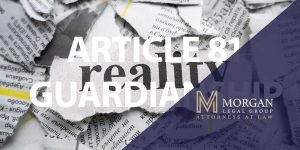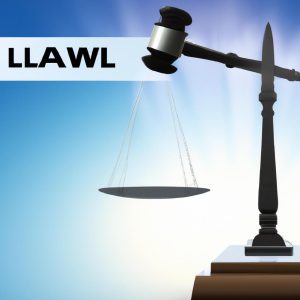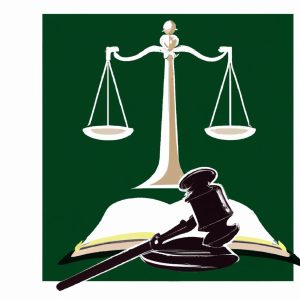In the intricate web of estate planning, one question that often arises is whether trusts need to be recorded. As experienced practitioners in the field of law, particularly in the areas of estate planning, probate, and elder law, the team at Morgan Legal Group in New York City delves into the nuances of trust documentation to provide clarity on this essential matter. Join us as we explore the intricacies of trust recording and its implications for effective estate management.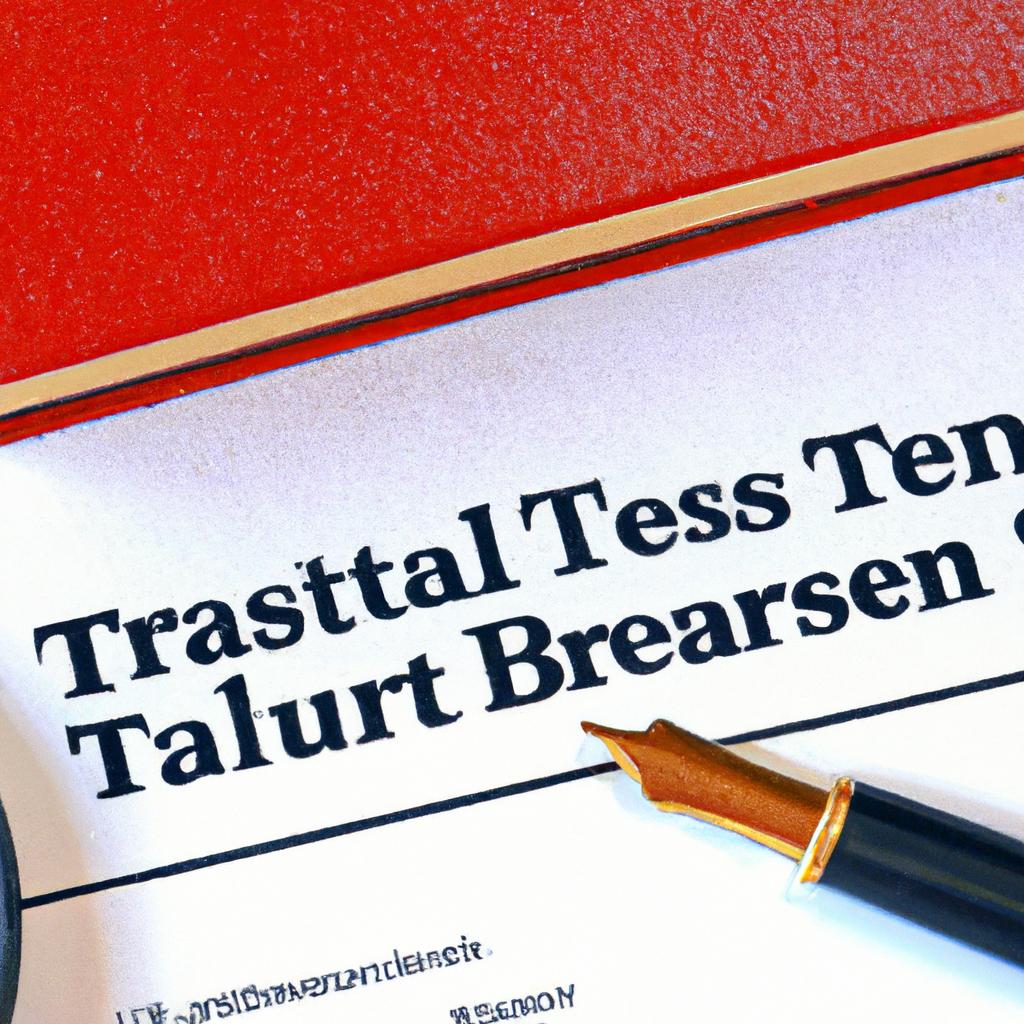
Importance of Properly Recording Trusts in Estate Planning
One key aspect of estate planning that is often overlooked is the proper recording of trusts. Trusts are powerful tools that can help individuals protect their assets, provide for their loved ones, and minimize estate taxes. However, failing to properly record trusts can lead to confusion, disputes, and even legal challenges down the road.
By ensuring that trusts are accurately recorded, individuals can have peace of mind knowing that their wishes will be carried out as intended. Properly recorded trusts can also help streamline the estate administration process, making it easier and more efficient for loved ones to handle affairs after a person passes away. In addition, having a clear record of trusts can provide important documentation in the event of any legal disputes or challenges.

Legal Ramifications of Failing to Record Trusts
When it comes to trusts, many individuals may wonder if they need to be recorded. The can be significant, as failing to properly document a trust can lead to confusion, disputes, and potential legal challenges down the line. Without a clear and recorded trust document, beneficiaries may not receive their rightful assets, and the intentions of the Trustor may be called into question.
Recording trusts is important for ensuring that the wishes of the Trustor are carried out as intended. By recording a trust, individuals can provide clarity and transparency regarding the distribution of assets, beneficiaries, and any specific instructions or conditions. Additionally, a recorded trust can help establish legal validity and prevent challenges to the trust’s validity in the future.

Benefits of Recording Trusts for Future Generations
When considering the future of your estate, it is crucial to recognize the importance of recording trusts for future generations. By documenting your trust, you are not only ensuring that your wishes are carried out as intended, but you are also providing clarity and guidance for your loved ones. Trusts can be complex legal documents, and having a clear record of their terms and conditions can prevent misunderstandings and disputes among beneficiaries.
Recording trusts for future generations also allows for transparency and accountability in the administration of your estate. By clearly outlining the distribution of assets and responsibilities, you are providing a roadmap for your trustees to follow. This can help maintain the integrity of your trust and ensure that your beneficiaries receive their intended inheritance in a timely and efficient manner. Ultimately, recording trusts is a proactive step towards preserving your legacy and protecting your family’s financial future.
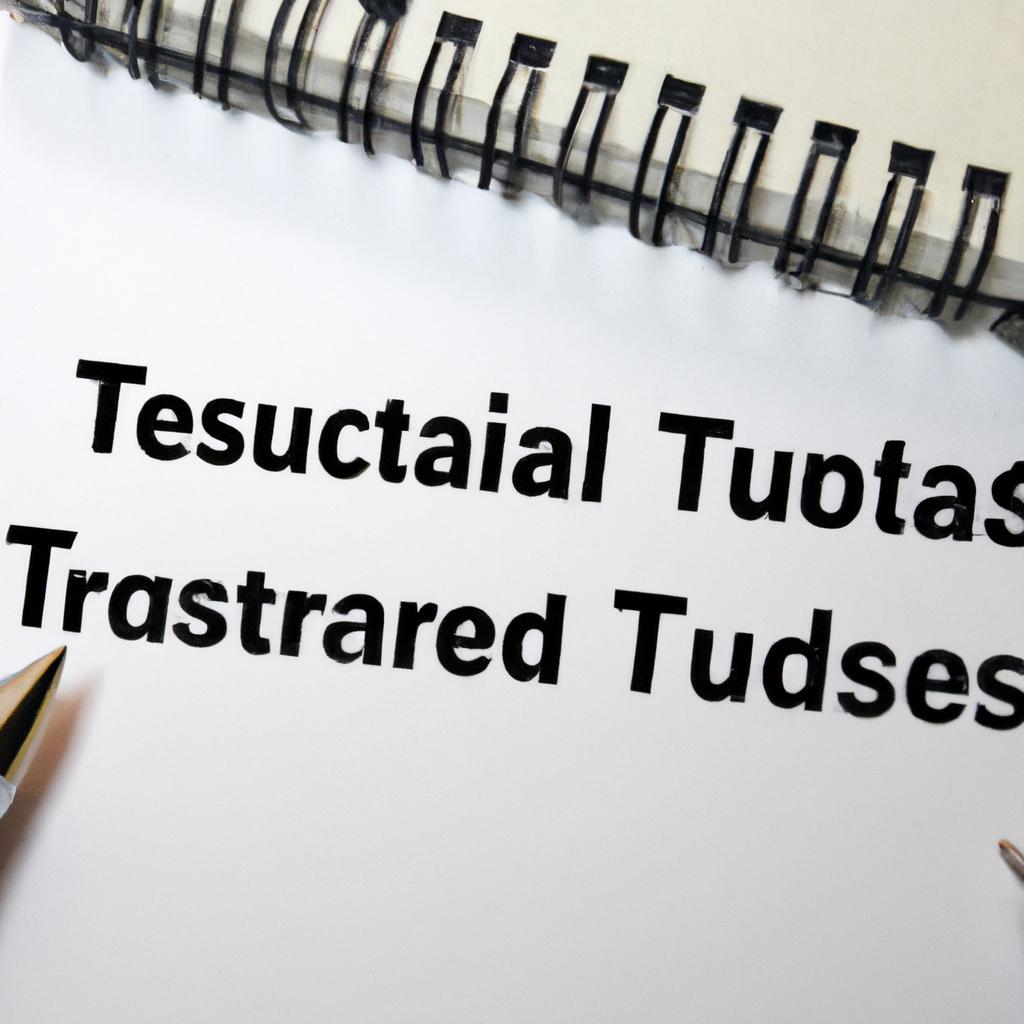
Recommendations for Ensuring Trusts are Properly Documented
When it comes to ensuring trusts are properly documented, there are several key recommendations that should be followed to guarantee that the trust is legally valid and will be upheld in court if necessary. Trusts are legal entities that hold assets for the benefit of beneficiaries, and it is crucial that they are carefully documented to avoid any disputes or challenges in the future.
Some important include:
- Working with an experienced attorney who specializes in estate planning and trusts to create the trust document.
- Clearly outlining the terms and conditions of the trust, including the identity of the trustor, trustee, and beneficiaries, as well as the distribution of assets.
- Regularly reviewing and updating the trust document to reflect any changes in circumstances or laws that may impact the trust.
- Keeping detailed records and documentation of all trust-related transactions and decisions to provide a clear trail of accountability.
Q&A
Q: Do trusts need to be recorded?
A: Generally, yes. Recording a trust document can provide clarity and establish the validity of the trust.
In Summary
In conclusion, while it may not be a legal requirement to record trusts, doing so can provide clarity and transparency for all parties involved. Whether you choose to formalize your trust through documentation or not, it is important to carefully consider the implications and seek professional advice to ensure the best outcome for your assets and beneficiaries. Trusts are complex legal arrangements that can have significant financial and emotional ramifications, so it is always wise to proceed with caution and thoroughness. Thank you for reading and we hope this article has shed some light on the importance of trust recording.



